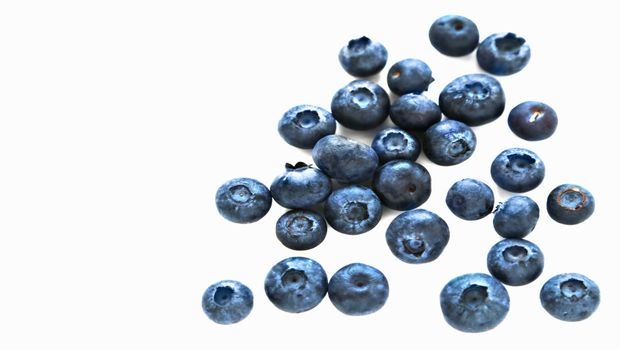Natural ingredients can help manage ongoing stress by mediating stress itself, or by helping to manage symptoms associated with stress.
February 22, 2016

Despite efforts to manage stress, 42 percent of adults said they’re not doing enough or are not sure whether they’re doing enough to manage stress, according to the 2015 report, “Stress in America™: Paying with our Health," by the American Psychological Association (APA).
For those who feel overwhelmed by stress, it’s hard to believe stress is actually meant to help.
When we’re faced with something stressful—something the brain perceives as dangerous—a distress signal is sent to the hypothalamus, the part of the brain responsible for creating and secreting “releasing hormones" that allow the brain to communicate with the nervous system. The hypothalamus first activates the nervous system by sending signals to the adrenal glands, which then excrete epinephrine (also known as adrenaline) into the bloodstream, prompting the “flight or fight" response. The hypothalamus then activates the hypothalamus-pituitary-adrenal (HPA) axis, which releases hormonal signals to keep the nervous system engaged—corticotropin-releasing hormone (CRH) is excreted from the hypothalamus and travels to the pituitary gland. The pituitary gland then releases adrenocorticotropic hormone (ACTH), which travels to the adrenal glands to release cortisol.
“One essential response is the production of an important hormone—cortisol," said Shaheen Majeed, marketing director, Sabinsa. “It has been studied and reported that cortisol is involved in the following basic functions of human physiology: proper glucose metabolism, regulation of blood pressure, insulin release for blood sugar maintenance, immune function [and] inflammatory response."
When faced with a threat, cortisol floods the body with glucose to supply energy to muscles, and then inhibits insulin production to prevent glucose from being stored. Cortisol also narrows the arteries which, combined with the effects of epinephrine, causes blood to pump harder and faster.
“A certain amount [of cortisol] is necessary for your body to operate, but an abundance, from chronic stress and external factors such as exercise exhaustion, is very damaging to you physically and mentally," said Chase Hagerman, brand director, Chemi Nutra. “Anxiety, sleeplessness, depression, cognitive abilities and physical performance can often suffer."
Ingredients such as ashwagandha extract, lemon balm and blueberries, among others, have research to support their stress-managements effects.
For a closer look at the research, download INSIDER’s free Mood Digital Issue.
About the Author(s)
You May Also Like






.png?width=800&auto=webp&quality=80&disable=upscale)